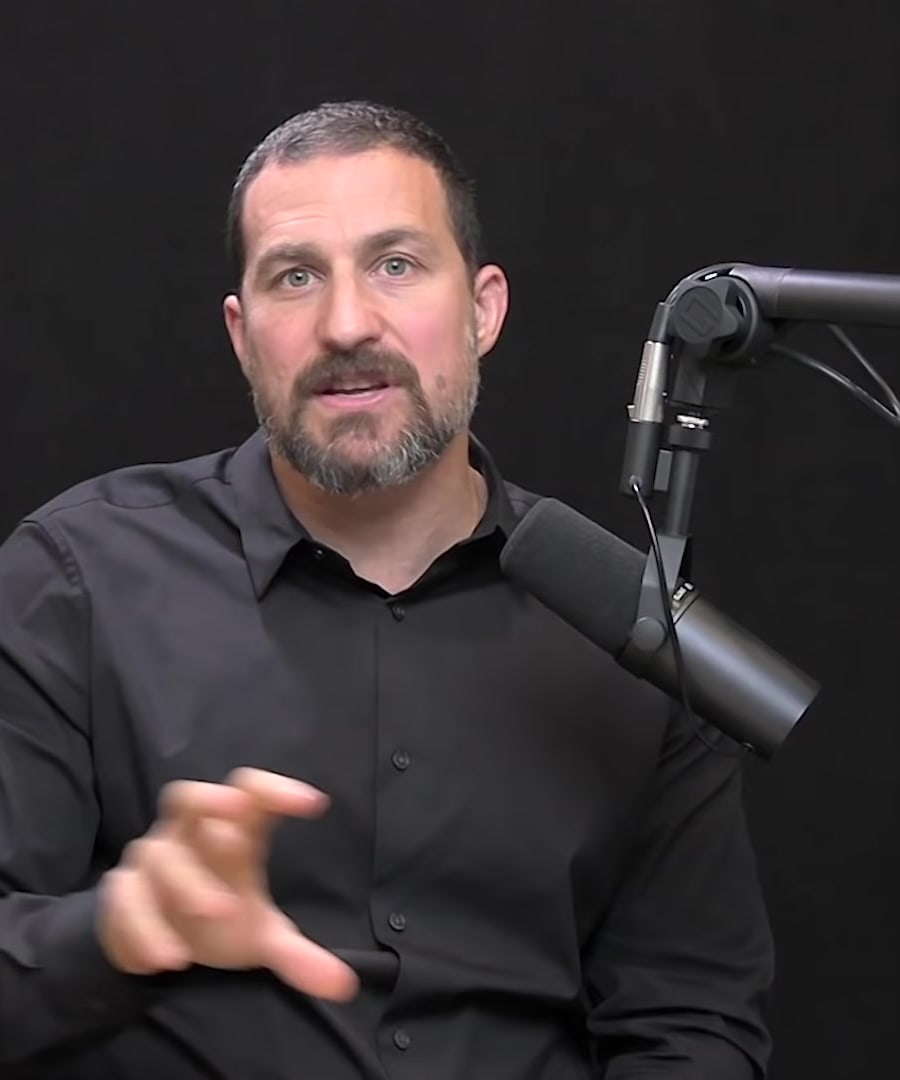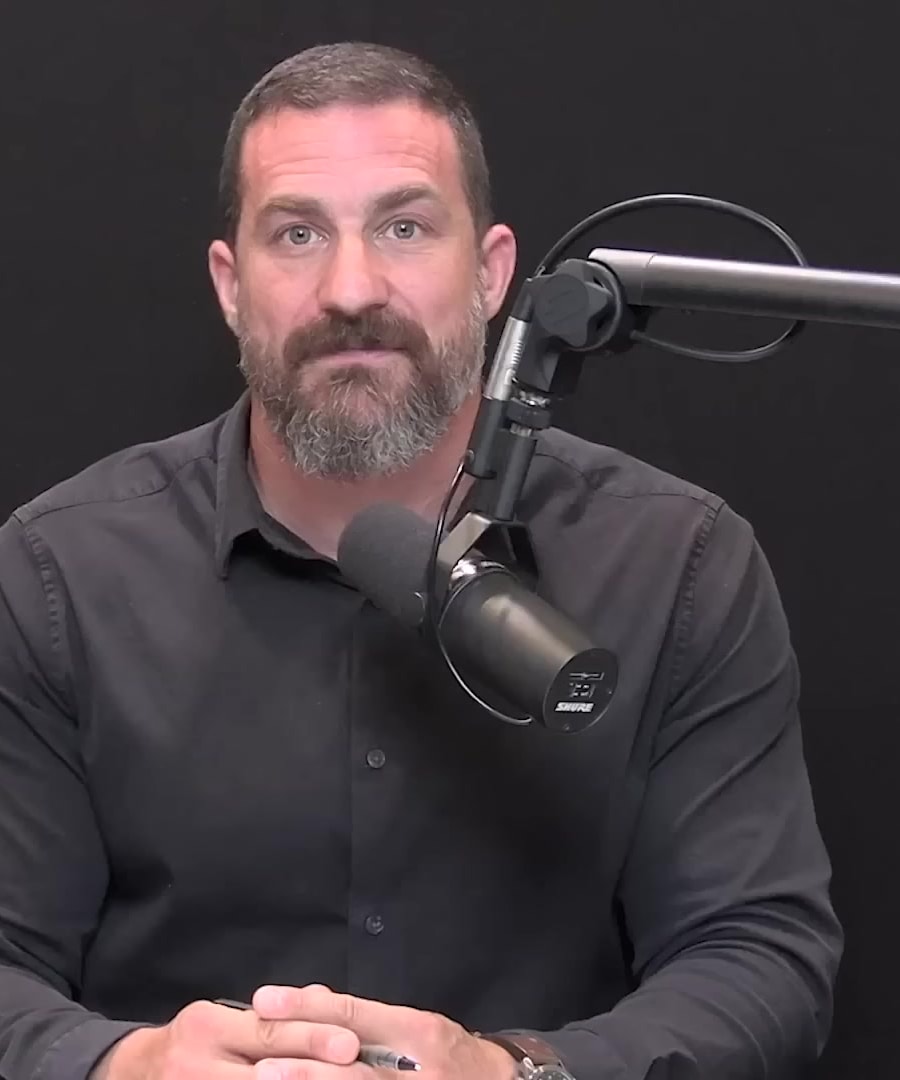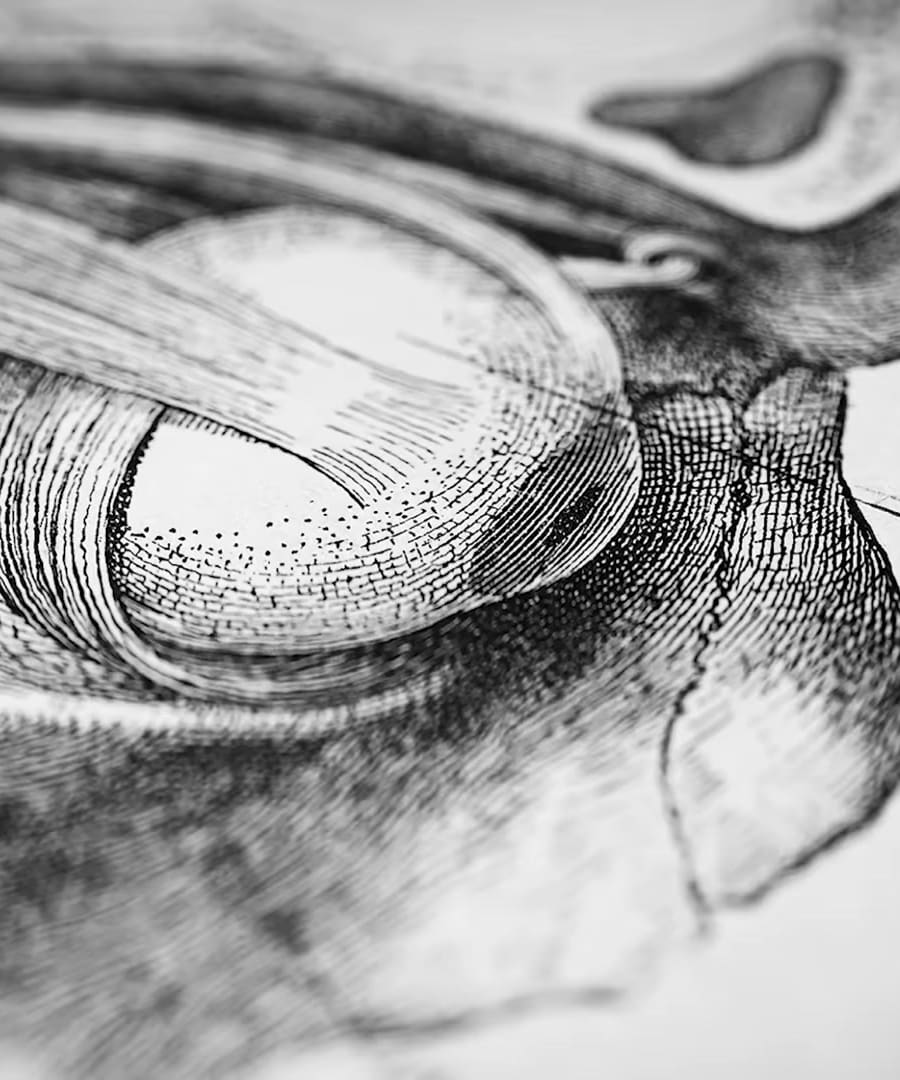What are the best supplements to take for sleep?
Sources:
For better sleep, the recommends several supplements:
- Magnesium: Both Magnesium Threonate and Bisglycinate are suggested for their ability to help with the transition to sleep and sleep depth, yet without causing drowsiness that prevents functioning if needed during the night. They're also associated with cognitive support and neuroprotection, although more data is needed on those benefits (1).
- Apigenin: Derived from chamomile, this supplement can reduce anxiety which is helpful before sleep, for turning off excessive thinking necessary for falling asleep (1).
- Theanine: Good for reducing anxiety and aiding in sleep, although it might cause vivid dreams or waking up during the night for some, so its use depends on individual experience (2).
- Myo-inositol: Particularly helpful for shortening the time it takes to fall back asleep if waking up in the middle of the night, with additional mood-related benefits (3).
- GABA: Used by occasionally before sleep to enhance its quality (4).
The quantity and combination of these supplements may vary based on individual experiences and sleep issues, such as falling asleep versus staying asleep. advises deploying them systematically and consulting healthcare professionals before starting any supplement regimen. It's also suggested to occasionally skip taking them to check for dependency issues, which appear to be minimal in the case of the recommended supplements (5, 6).
For enhancing overall sleep quality, lifestyle behaviors such as managing caffeine intake and meal timing are also crucial (3).
Where can I buy AG1?
Sources:
You can purchase AG1 by Athletic Greens directly through their website. For a special offer, you can use the link provided by which is
athleticgreens.com/huberman. Through this link, you will get a bonus of five free travel packs and a year's supply of Vitamin D3+K2 with your order (1, 2, 3). AG1 is an all-in-one vitamin mineral probiotic drink that has been using since 2012 and recommends for its nutritional benefits. It is advertised to meet foundational nutritional needs, support the gut microbiome, include adaptogens for stress, and even improve taste, focus, energy, and sleep (4, 5).where can i buy a cold plunge?
Sources:
To purchase a cold plunge, you may consider a couple of options mentioned by :
-
The Cold Plunge: The Cold Plunge company offers cold plunges with various features and has been discussed on the . You can find the protocols and additional information about their products on their website—thecoldplunge.com (1).
-
Plunge: Plunge manufactures versatile at-home, self-cooling cold plunges suitable for deliberate cold exposure. They provide powerful cooling, filtration, and sanitation features. You can purchase a Plunge at plunge.com/huberman to receive a discount on your cold plunge (2, 3).
When considering the purchase of a cold plunge, it's essential to ensure that it aligns with your goals, be it for recovery, mental resilience, or inducing thermogenesis. Also, be sure to buy from a reputable source, and follow all guidelines for safe use as outlined by the manufacturer.
-
Do I need one?
Sources:
Whether or not you need a cold plunge depends on your individual goals and preferences. There are various potential benefits to deliberate cold exposure, but also some nuances to consider based on what has shared:
-
Recovery: Cold can be leveraged as a powerful tool for recovery after workouts, but to maximize return to baseline levels of temperature, cooling specific areas like the palms, the bottoms of the feet, or the face could be more effective than full-body immersion in cold water. Full cold immersion right after strength training could potentially inhibit muscular hypertrophy (1).
-
Mood Enhancement and Stress Management: Cold exposure could lead to enhanced mood, alertness, and a better ability to manage stress due to increases in catecholamines like dopamine. Managing breathing during initial stress from cold exposure can also help with stress resilience (2, 3).
-
Dopamine and Performance: Engaging in deliberate cold exposure, especially early in the day, could increase dopamine levels for long periods of time. However, this should not be done immediately after strength or hypertrophy workouts, as it may suppress the adaptation from such training. Temperatures ranging from about 37°F to 55°F for short durations or slightly warmer temperatures for longer durations can significantly increase baseline levels of dopamine (4).
-
Brown Fat Activation and Metabolism: Cold showers or full immersion can activate brown fat, which can increase metabolism. There are fewer studies on cold showers, and more research is needed to understand their precise effects on brown fat activation compared to full immersion (::cite[chunk_82371]).
These benefits are not exhaustive, and the need for a cold plunge is ultimately subjective. If these benefits align with your goals, a cold plunge might be a valuable addition to your routine. It is also important to consider any potential risks and to approach cold exposure with caution, especially if you have certain health conditions. Always consult with a healthcare provider before beginning any new health-related practice.
-
What are the best supplements to take for sleep?
Where can I buy AG1?
where can i buy a cold plunge?
Do I need one?
















